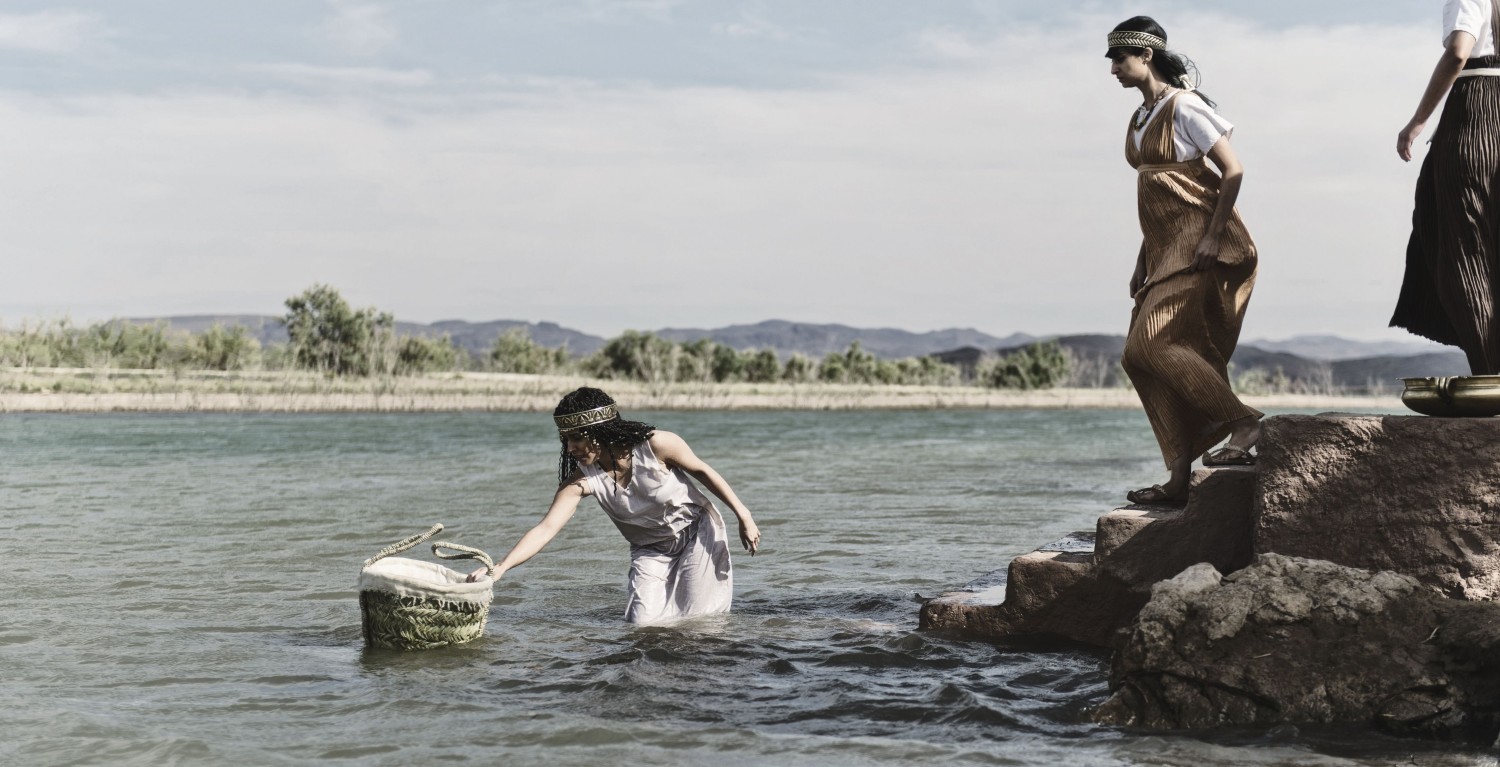Exodus begins with, "And these are the names," indicating Moses is penning the continuation of the Genesis story. A list of the sons of Jacob who entered Egypt with their father is then given along with the fact that the entire group leaving Canaan numbered 70, not counting Joseph and his family who were already there (Exodus 1:1-5).
Joseph’s generation died. A Pharaoh ascended to the throne who did not know Joseph, and in fear of the rapidly multiplying Hebrews, he determined to deal wisely, or, more appropriately, craftily, with them by placing them in slavery. Taskmasters were placed over them and they were used to build the supply cities of Pithom and Raamses. Pharaoh apparently hoped the hard work would decrease their numbers. This failed, as do all things intended to thwart God’s plans. In fact, the people actually grew in numbers (Exodus 1:6-14).
The king next approached the two women in charge of the Hebrew midwives and told them to kill all the boy babies at birth. The midwives feared God more than any human authority and refused to be a part of such cruelty. The number of the people continued to grow. They explained to a questioning Pharaoh that Hebrew women were more sturdy than the Egyptian women and gave birth before they arrived on the scene. God blessed these women with homes and families because they feared him more than man (Exodus 1:15-21).
Pharaoh then told the Israelites to cast all male children into the river. A husband and wife of the tribe of Levi, Amram and Jochebed, had a boy baby. The beauty of this male child caused his parents to believe he was specially favored by God. Their faith in God caused them to hide him for three months (1:222:2; Acts 7:19-20; Hebrews 11:23).
Hiding the growing boy became impossible, so Jochebed waterproofed an ark of bulrushes and placed the baby in it on the river in the reeds by the bank with his sister, probably Miriam, set as a watch. Pharaoh’s daughter saw the ark as she came to river to wash and sent a maid to fetch it. The child’s sister stepped up and asked if they would be needing a wet nurse. A positive answer resulted in the child being returned to the care of his own mother. Pharaoh’s daughter adopted the child and named him Moses, which means "drawn out," because she had drawn him out of the water (Exodus 2:3-10). This is the way Moses came to know all about God and his people while also being educated in all the Egyptians knew (Acts 7:21-22).
The lesson for God’s people today is clear. The Almighty can use people who do not even recognize him as existing to achieve his purposes. It may appear that the forces of evil have finally overwhelmed God’s people and all goodness. The day is coming when his work will be fully revealed and victory will be in the hands of his people.
Paul said it best,
“For I am persuaded that neither death nor life, nor angels nor principalities nor powers, nor things present nor things to come, nor height nor depth, nor any other created thing, shall be able to separate us from the love of God which is in Christ Jesus our Lord” (Romans 8:38-39).
- A spiritual house of living stones - 2026-01-23
- Born through the Word of God - 2026-01-09
- The Christian’s call to be holy - 2025-12-18
